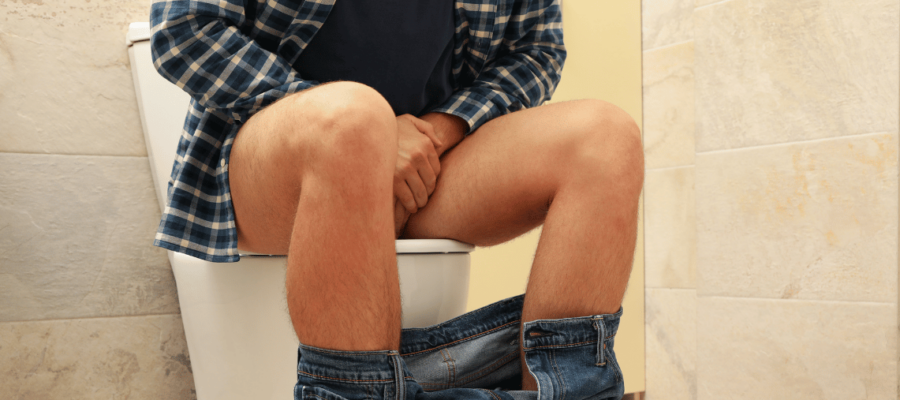Shedding light on a condition often dubbed the “silent disease.” Despite affecting an estimated 190 million individuals globally, endometriosis remains challenging to diagnose accurately, leading to prolonged suffering for many. Misdiagnosis is common, with symptoms often mistaken for other conditions due to a lack of awareness among healthcare providers.
The impact of endometriosis
Endometriosis occurs when tissue resembling the uterine lining grows outside the uterus, leading to inflammation, swelling, and scarring in the pelvic cavity. This misplaced tissue can cause a myriad of symptoms, including chronic pain, heavy periods, and infertility. Among the less-discussed yet equally disruptive symptoms are those affecting bladder health, often experienced from a young age.
Understanding urinary tract endometriosis (UTE)
Up to 12% of individuals with endometriosis develop urinary tract endometriosis (UTE), affecting areas such as the bladder, ureter, kidney, and urethra. Symptoms of UTE include frequent urinary tract infections, urge incontinence, painful urination, blood in the urine, and kidney-area pain. These symptoms may worsen during menstruation but can vary greatly from person to person.
Managing bladder symptoms
Seeking medical advice is crucial for anyone experiencing bladder or urinary symptoms. Whether you have a confirmed endometriosis diagnosis or suspect you may have the condition, consulting a healthcare professional is the first step in managing symptoms effectively.
In the meantime, using the right absorbency products can provide comfort and convenience while dealing with bladder issues. Opting for specialized incontinence pads designed for women ensures effective leak protection and allows for a more comfortable daily routine.
Treatment options
While there is no cure for UTE, various treatment options exist, including hormone therapy, pain medications, and surgical interventions. Consulting with a healthcare provider is essential to determine the most suitable treatment plan based on individual symptoms and needs.
Seeking support
Remember, you are not alone in your journey with endometriosis and bladder health issues. It’s essential to reach out for support and medical assistance. Don’t hesitate to discuss your symptoms with a healthcare provider and explore available treatment options.
Endometriosis and bladder health should not be topics shrouded in silence. By seeking help and raising awareness, we can empower individuals to manage their conditions effectively and improve their quality of life. Don’t suffer in silence – reach out for the support and care you deserve.
















